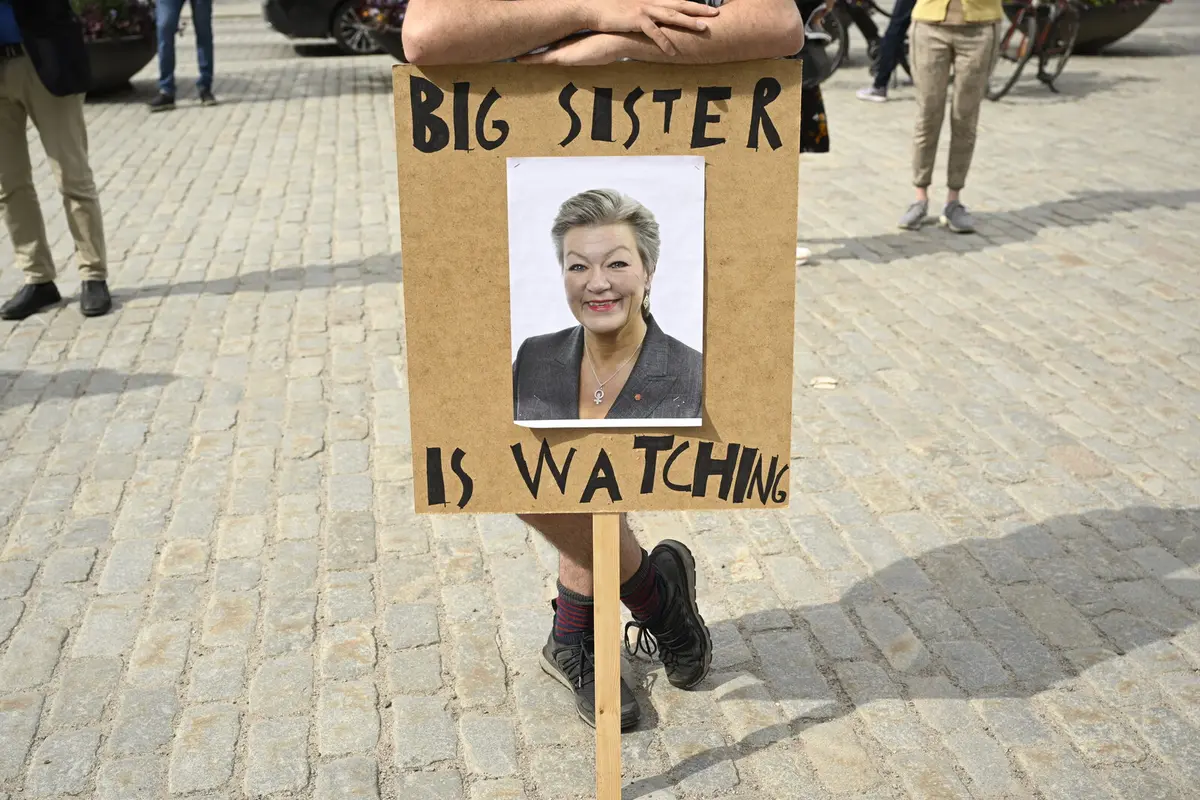The CSAM directive (child sexual abuse material) was originally presented by the then EU Commissioner Ylva Johansson in 2022. The idea was, somewhat simplified, to be able to "scan" communication for abuse material. But the proposal was quickly criticized for being a surveillance law where virtually all digital communication could be accessed by the authorities.
Various versions of the proposal have since been rejected under several different presidencies in the EU. Now, the current presidency country, Denmark, is trying to get a new version that the member states can agree on. However, it looks difficult.
German doubts
Germany, a major power factor in the union, has recently expressed in a national committee that it "cannot fully support the Danish stance". An official German vote has not yet taken place.
Even Estonia and Luxembourg have recently announced that they will not support the Danish compromise proposal. Also Finland, the Czech Republic, the Netherlands, and Poland have been critical for some time.
Long way to go
The next step in the process is expected at the earliest on October 14, when the Council for Justice and Home Affairs (RIF) will meet, i.e. the justice and home affairs ministers.
If Denmark succeeds in hammering out a wording that the member states can support, a long way still remains before anything potentially changes for the inhabitants of the EU. The first, and perhaps biggest, obstacle for "chat control" to actually become a reality is that the member states' version needs to be synchronized with the EU Parliament's version. The Parliament has already said yes to a much more watered-down version of the proposal than what is currently being discussed under the Danish presidency.
Sweden positive
Sweden has, at government level, more or less throughout the entire process, maintained a positive attitude towards "chat control". A year ago, Justice Minister Gunnar Strömmer (The Moderate Party) said:
This is a very complicated issue. I have respect for the fact that it must take time.
In recent days, the proposal was criticized in a debate article in Svenska Dagbladet where politicians were accused of not understanding the risks of the technical aspects of the compromise text. Even at the European level, criticism has occurred in a petition against "chat control" recently.
CSAM (child sexual abuse material) is an abbreviation for material containing sexual abuse of children.
To combat this, the EU Commission proposed in May 2022, with Ylva Johansson (S) at the helm, new legislation in the area.
The proposal quickly received criticism and the nickname "chat control" because, critics argued, all communication could be monitored as the proposal was designed. Since then, various compromises have been proposed, without getting enough support from the member states.
Since the processing of the proposal has been delayed, the current rules have been extended until 2026, pending an agreement between the EU's member states and the EU Parliament.






